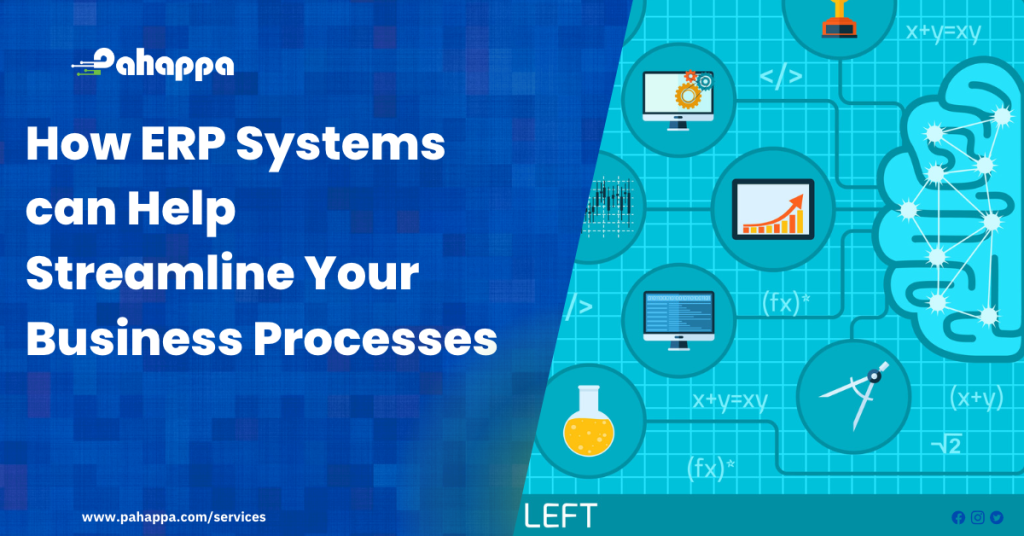An ERP System is a type of software that organizations use to manage day-to-day business activities such as accounting, procurement, project management, risk management and compliance, and supply chain operations.
An ERP system basically integrates various departments and functions across a company into a single system to manage business processes. This makes it very easy to streamline business processes when you can report to one system. Here are a few ways how ERPs can streamline your business processes;
ERPs ease collaboration and communication: ERP systems facilitate cross-functional collaboration and communication, leading to better decision-making and improved customer satisfaction. ERPs enable your business to have a central or streamlined mode of communication between clients and different employees and project managers. This makes communication faster and easier because employees do not have to pass on third-party information. Clients also communicate once with employees instead of repeating themselves whenever they interact with different departments.
ERPs automate manual tasks: ERP systems automate repetitive manual tasks such as data entry, reducing the risk of errors and freeing up time for more strategic activities. Because processes are now automated, employees spend less time on particular tasks and thereby creating more time to be productive and focus on other tasks.
ERPs Improve data visibility and accuracy: ERP systems centralize data and provide a single source of truth, reducing errors and increasing efficiency. When a company has independent processes either manual or automated, there is a lot of repetition in information, and this can cause a lot of errors. Having each department report to a single centralised system reduces the amount of confusion and errors that would have occurred. This in turn increases efficiency in the workflow of the business.
ERPs Streamline supply chain management: ERP systems provide real-time visibility into inventory levels, supplier performance, and shipping schedules, enabling better management of the supply chain. When running a product-based business, it is important to track the inventory of the products you receive. This helps you keep track of how much is sold and when stock is over. And the plus side of this is that other departments are able to keep track as well.
ERPs Enhance decision-making: ERP systems provide real-time data and analytics to support informed decision-making and drive business growth. Data from all departments are always centralised in an ERP system. This enables management to keep informed about departments and employee performance. Since all departments input information in the same system, management can get real-time data from that system and use it to make company decisions.
ERPs enable transparency between departments: Since everything is centralised, it becomes hard for departments to hide necessary information from each other. it also keeps the management and board members aware of the important information used to run the business. This allows easy decision-making because the information is readily available to those in charge.
In conclusion, ERPs are the most effective when it comes to centralising data and making decisions based on informed data. A business with an ERP system will in the long run enhance the productivity of its workers and create more sales in the process. To learn more about ERPs and how they can benefit your business, visit our website.











